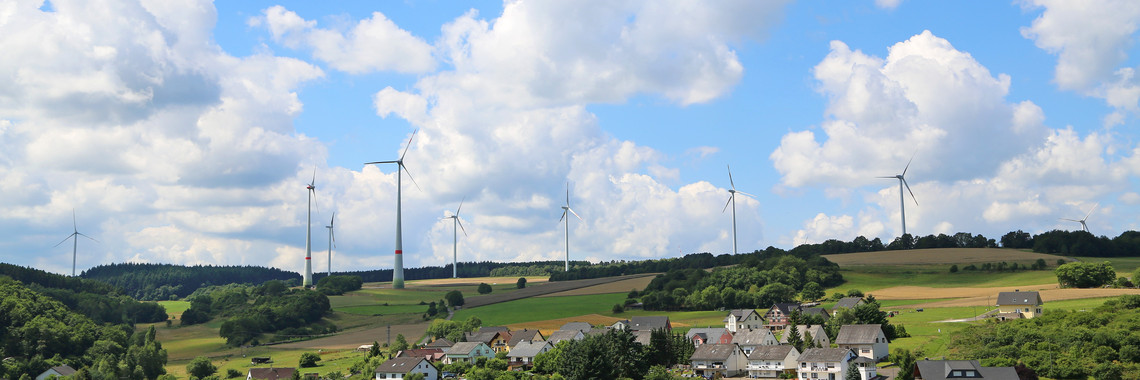Climate & energy
With the Paris Agreement, the world community has demonstrated under international law its binding commitment to the goal of keeping global warming to less than two degrees. The Agreement also stipulates that the world must become greenhouse gas-neutral in the second half of this century. This so-called decarbonisation of our economy must not remain on paper alone, but must now become reality sector for sector.
Paris must also be implemented in Germany
The climate protection agreement of Paris contains a series of clearly formulated obligations under international law. All states must develop a national contribution towards climate protection that is also suited to achieving the goal of keeping the global rise in temperature clearly lower than 2 degrees. What is more, every five years the countries decide on their continued climate protection goals and come up with measures to achieve these.
DUH demands that the German government keep to its promises under international law in line with what was decided in Paris. We therefore demand that a binding climate protection law be passed in the coming legislative period with concrete targets to reduce greenhouse gases for all sectors like electricity, heat, transport or agriculture. In addition, we must initiate our fossil-fuel phase-out and stop open-cast mining for brown coal.
Integrating the energy transition throughout Europe
Germany has taken on a pioneering role in the energy transition by expanding renewable energies and by decarbonising its economy. The energy transition can only succeed, however, if it is integrated at European level.
Germany infringes, for example, numerous European specifications concerning climate protection, such as the Energy Efficiency Guideline. That is why the DUH instigated a so-called complaint procedure against the German government with the European Commission in 2016. DUH also campaigns for demanding, legally binding goals for energy efficiency and for the expansion of renewable energies throughout Europe.
The fossil-fuel phase-out does not stop at Germany's borders. The DUH has therefore set up a German-Czech expert commission on the future of brown coal and the structural transition in the mining regions on both sides of the border.
Efficiency standards for international development banks
In cooperation with a consortium of partners from China, India, Britain and the USA, the DUH campaigns to anchor energy efficiency standards at the Asian Infrastructure Investment Bank (AIIB) and at other development banks.

